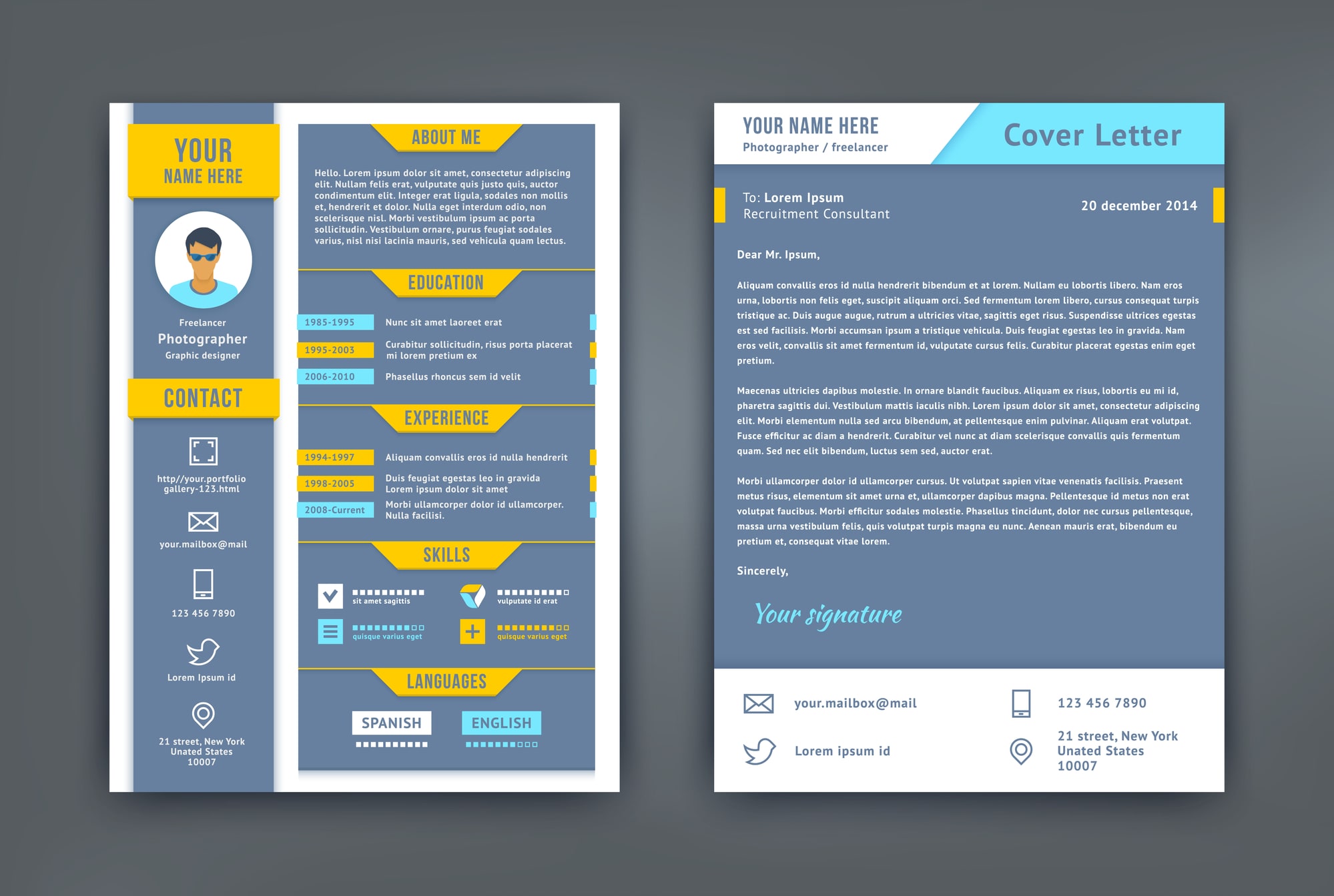
Cover Letter Writing Tips
Let’s start with what a cover letter should be:
- A demonstration – Show off your great writing and salesmanship skills. Showcase your personality. Get personal in an appropriate way.
- Brief – Write between three and six brief paragraphs. No more than one page. Be economical and impactful with your writing – just as you would with completing assignments in your new job.
- Compelling & convincing – Make a strong case why you’re different, qualified and should get the job.
- A preview – Give concrete examples of your best stuff to intrigue your reader into looking at your resume.
- Not a repeat – Don’t just repeat what’s in your resume. Share new information. Tell a story.
- Evidence – Show that you researched your target company enough to write something relevant, customized and sincere.
- Fun to read – Be creative but not too informal. While there are formulas for writing good cover letters, try not to sound mechanical. Experiment until you find your “voice” and still accomplish what’s needed. Consider writing four versions and eventually, possibly arrive at a hybrid from these.
- A call to action – In addition to trying to motivate action by your recipient, state when you’ll be following up.
A cover letter should not be a:
- Hack job – Take the needed time to craft a good letter. Do some research on how it’s done, like you are now. Avoid typos – they’ll sink your credibility, fast.
- Shotgun approach – If you’re sending 200 letters and resumes out, you’re missing the point. Your chances are likely much better if you researched 20 companies and sent them personalized letters and your resume. Again, take the time. Otherwise, you look like your just throwing stuff at the wall, hoping something will stick. That’s never appealing to a prospective employer.
- Barren abyss – If you have strong, relevant experience…say so! Put your best stuff first. Don’t send a hollow letter, void of the very information that will get you an interview.
- Exercise in overcompensating – If you’re new to the profession, we know it. Don’t puff up your credentials to the point of sounding silly. Make the most of what you have, but be honest. Walk a fine line between being confident and modest. Avoid rhetoric, exaggeration and too many adjectives.
- A place to BS – Be honest from the start. As Mark Twain said, “If you tell the truth you don’t have to remember anything.”
- A place to seed doubt – It’s a lot easier to read cover letters (and resumes) for what’s wrong than for what’s right. It’s simply more efficient as an interviewer to engage in a process of elimination. Don’t give someone a reason to delete your inquiry.
